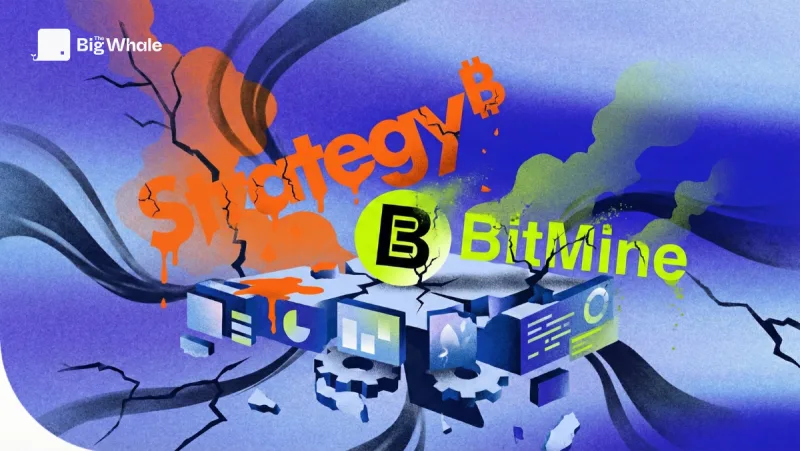TBW - Bitcoin: a key geostrategic challenge for state sovereignty

The question today is no longer whether Bitcoin should be taken into account in our economic and geopolitical strategies, but how to use it to serve our country's strategic interests.
Since its creation, Bitcoin has evolved from a mere technological curiosity to a genuine economic lever, as we saw this year with its accelerated adoption by the financial (BlackRock and others).
It has also become a geostrategic issue. El Salvador made it its official currency in 2021 and has been building up reserves ever since, with several states considering doing the same, led by Donald Trump's United States. During his campaign, the new American president announced that he wanted his country to set up a strategic bitcoin reserve.
Faced with this situation, the question is simple: what should we do about it in Europe and France?
Should we continue to ignore it? Legalise it to encourage innovation? Adopt it as an official currency or use it as a tool for financial diversification? Or exploit its industrial potential by using the overcapacity of our nuclear fleet to mine Bitcoin, thereby reducing electricity production costs while promoting more accessible decarbonised energy?
These are vitally important questions. Failure to ask them means refusing to anticipate the future and missing an historic opportunity to strengthen our sovereignty.
An inescapable political responsibility
For public decision-makers, ignoring Bitcoin or relegating it to a mere technological curiosity would be a major strategic error.
France, if it wishes to retain its place among the world's great powers, cannot afford to lag behind. We must refuse to give in to the alarmist or ill-informed rhetoric of certain so-called experts. These positions, often based on prejudice or ignorance of the subject, run the risk of condemning our country to marginality in a world where digital technology and cryptoassets are redefining the rules of the game.
Faced with this challenge, it is imperative that the State assumes its responsibilities. This work requires collective reflection involving not only public authorities but also citizens, researchers, entrepreneurs and economic players. Silence or inaction on this issue would be a serious political error, risking disqualifying France as a sovereign and influential nation in the concert of nations.
The call for a citizen and legislative debate
In 2021, I had already tried to pave the way by submitting an initial petition to the Senate. Despite its failure to gather enough signatures, the objective remained the same: to push the government to seriously debate the issue.
In August 2024, this petition was relaunched. This initiative is part of a simple logic: it's up to citizens to show the way, to impose this debate at the heart of the priorities on the political agenda.
There's still time. It's never too late to act, and in politics, moving forward often requires perseverance and commitment. It's not just a technological or economic issue: it's a civilisational challenge, that of our sovereignty, our competitiveness, and our ability to carry weight in the major transformations of the 21st century.
So what are we waiting for to take this responsibility head on?



